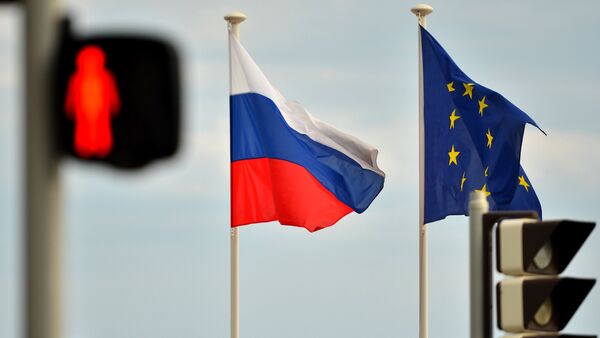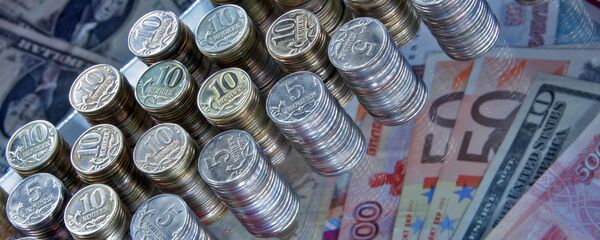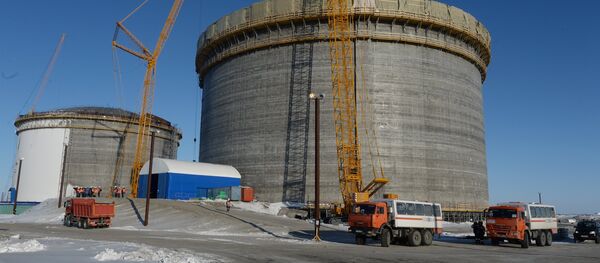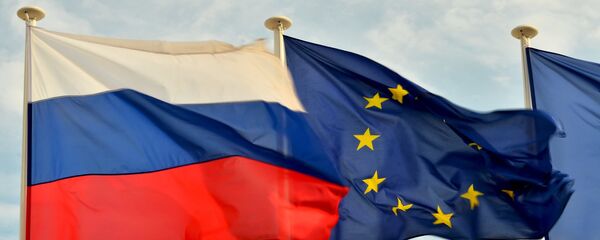Sputnik: Russia is expected to become the eighth-largest economy in the world by 2030, making it the biggest in Europe. How will Russia's relations with the EU change if forecasts come true?
Professor Kevin Dowd: I don't think Russia's ranking is the main factor and I am sceptical of forecasts: they almost never come true. Economically, the key issues are energy trade and de-dollarization. But the much bigger issues are geopolitical, the military build-up and so on.
Professor Kevin Dowd: This is a complicated subject, but it seems to me that several things are clear. First, western sanctions will certainly damage Russia and considerably. Second, these sanctions will also hurt the West: opportunities to do business with Russia that would benefit both parties are being blocked for political reasons, in my opinion, groundless ones.
Third, these sanctions will further contribute to the inexorable process of de-dollarization, in which rest-of-world countries increasingly move away from the dollar and from US-controlled payments systems. This is bad for the US in the longer term. Fourth, US insistence on these sanctions will increasingly drive a wedge between the US and its western European allies (e.g., Germany), who increasingly resent the US line.
Sputnik: According to a Standard Chartered Plc forecast, Asia's GDP will equal that of the US and EU combined by 2030. How do you assess these possible changes in global economic balance of power?
Professor Kevin Dowd: The precise numbers don't matter, but the trend is clear. Asia is growing relative to the West and that trend isn't going to stop.
Professor Kevin Dowd: These forecasts do not pass the sniff test. Are we to believe that Egypt will be just behind Russia by 2030 in terms of total GDP? I don't think so.
Sputnik: What major changes could boost the economies of these countries?
Professor Kevin Dowd: Free trade. Reforms to liberalise markets. Reforms to streamline tax systems and reduce government spending. Reforms to promote long-term fiscal sustainability. Reforms to combat corruption and cronyism. Reforms to strengthen individual liberty and the rule of law. It's simple.
READ MORE: Putin: Russia Should Respond to Sanctions by Improving Economy's Competitiveness
Sputnik: China is forecast to become the largest economy by 2020. Does this mean that China will win the trade war with the United States?
READ MORE: EU Prolongs Economic Sanctions Against Russia by Six Months
Sputnik: Will the US be able to regain its position if Trump is re-elected?
Professor Kevin Dowd: In relative terms, the western economies including the US are losing ground to the rest of the world. This is to be welcomed: it means that the rest of the world is becoming more prosperous relative to the West.
The views expressed in this article are those of the speaker and do not necessarily reflect those of Sputnik.




